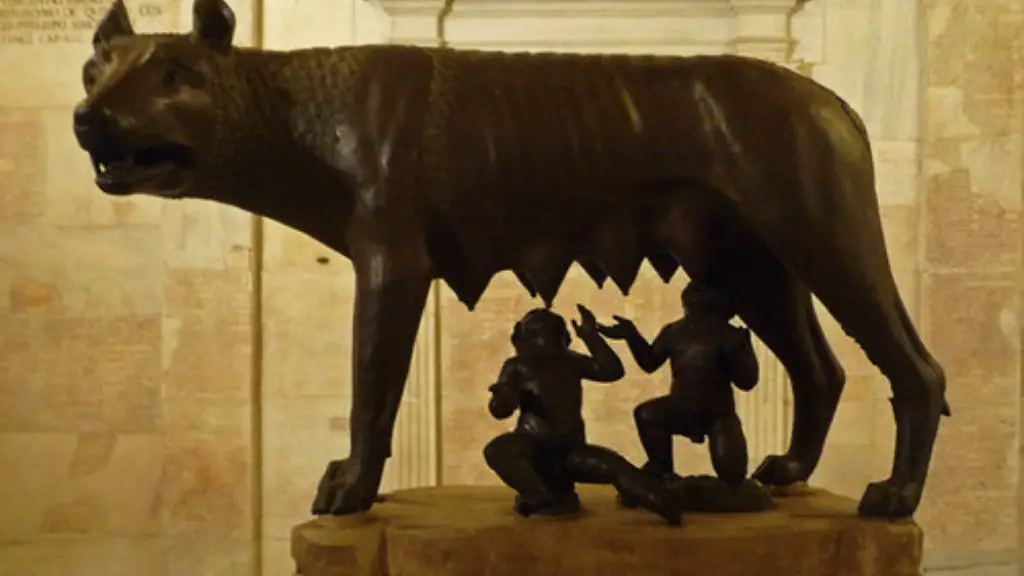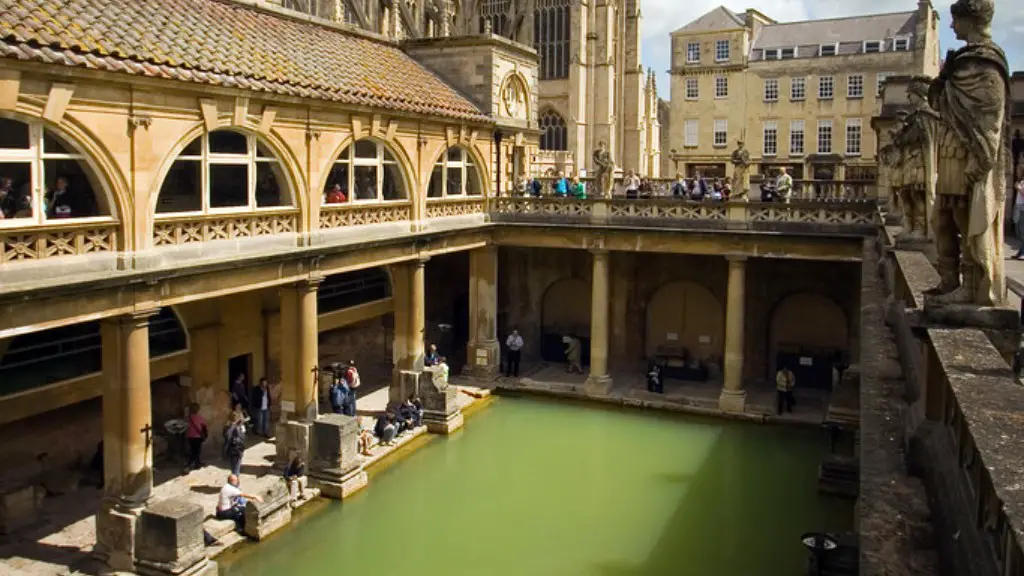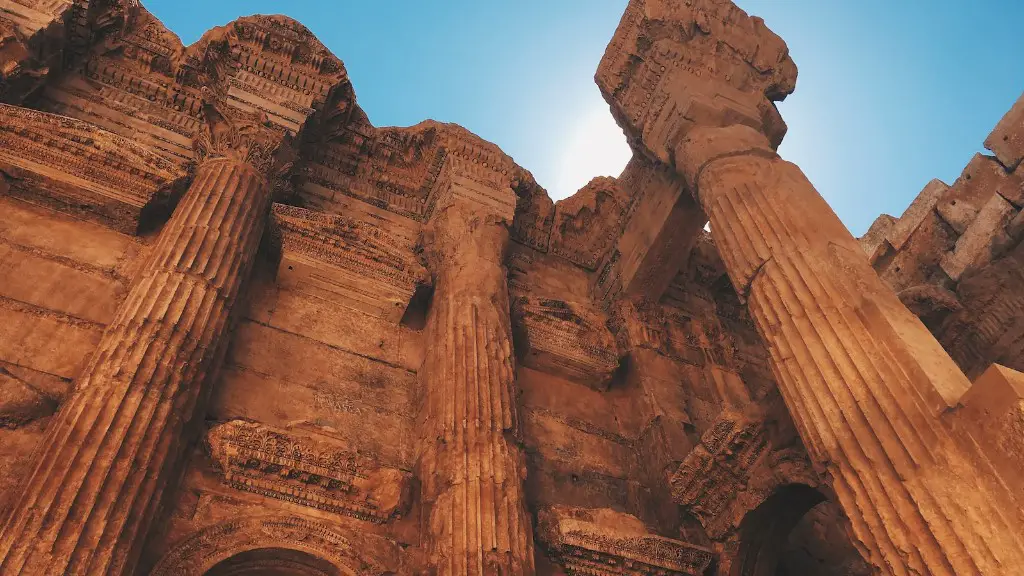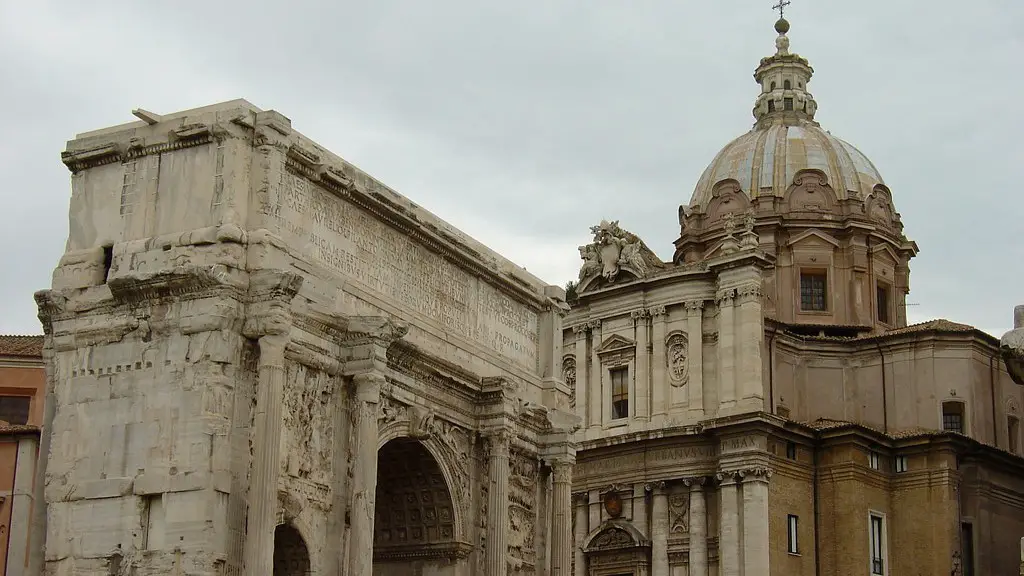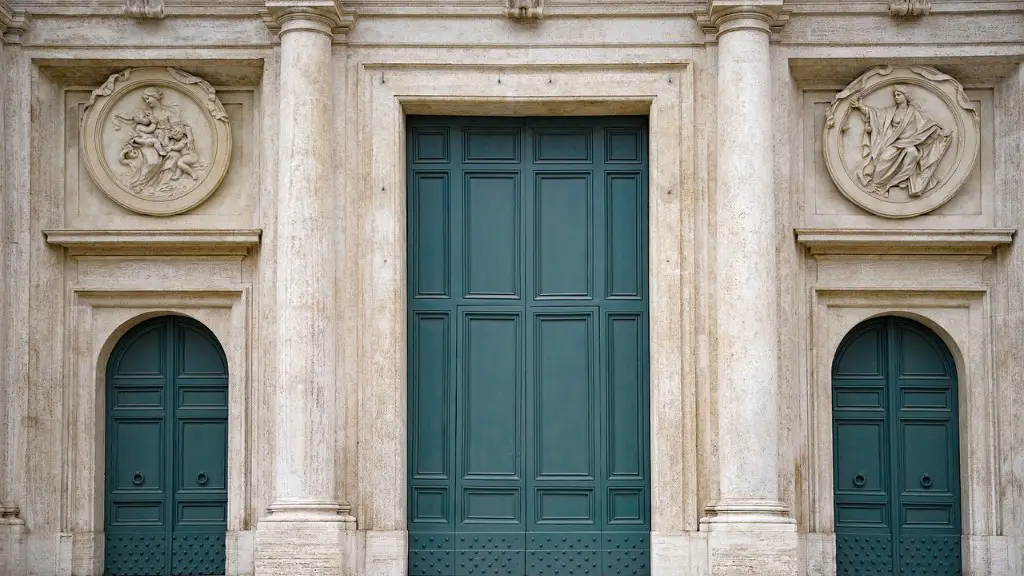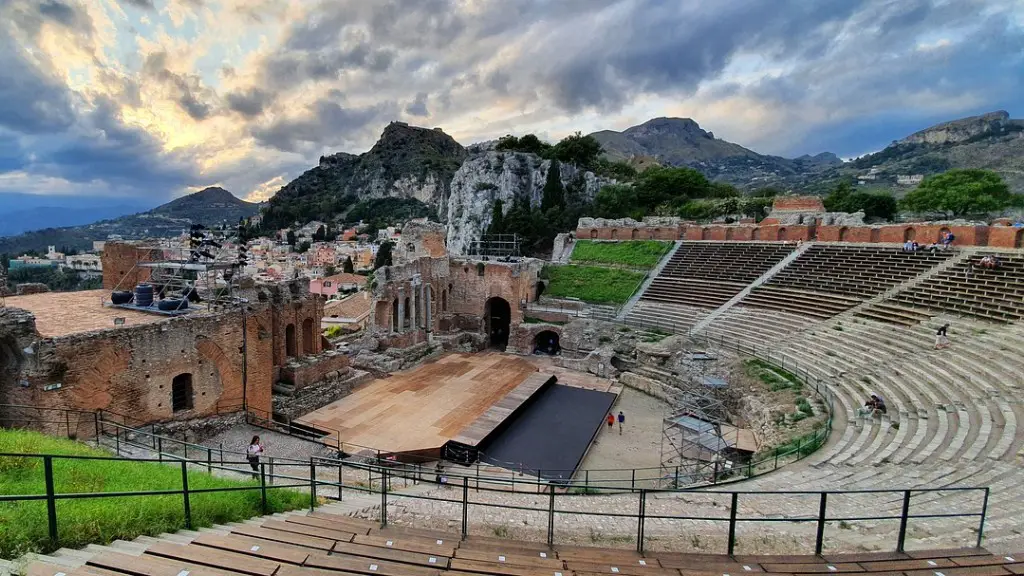Patricians in Ancient Rome were citizens of high social standing as well as members of the Senate. They were the ruling class of the Roman Empire and held some of the most influential positions in government and the public sphere. Patricians were often wealthy and held significant power within society. Being a Patrician was considered a privilege, and their roles varied from political rulers to patrons of the arts and culture.
Most Patricians worked in highly prestigious positions within the government. The most powerful Patricians held the title of Emperor, and they had a great influence over Roman laws and policy. Other roles held by Patricians included senators, consuls, magistrates, military tribunes, and high priests. Patricians also had a large hand in all financial matters, as they managed the empire’s finances and taxes.
Apart from the political sphere, Patricians also worked in various branches of the military, such as commanders and officers. They often held high-ranking positions in the legions, naval fleets, and auxiliaries. Patricians would offer their services as commanders and officers to lead their troops into battle and were usually among the higher ranks.
Patricians also played an important role in commerce and trade. They owned and managed many of the large farms, vineyards and plantations. Patricians also held high positions of power in banking, shipping, and finance. They were merchants and often invested their money in business ventures and investments.
When it came to politics, Patricians had a big influence over laws and policy. They held the most influential political positions and had a say in the way the government and country was run. Patricians would propose and vote on various laws and were often successful in getting their policies implemented.
Patricians also played a major role in the cultural and artistic scene in Rome. They were patrons of the arts and encouraged artistic advancement and the education of citizens in various fields. Patricians would spend huge sums of money on various public works and fund cultural activities such as concerts, plays, and other events.
Patricians were a key part of Roman society and were instrumental in the growth and prosperity of the empire. They held some of the most powerful positions and had a great influence over Roman laws and policy. Patricians also worked in various branches of the military and in commerce, finance and culture. Patricians were a privileged class within society and played a major role in the development and success of the Roman Empire.
Patricians and Religion
The Patricians also had a great influence over religious matters and were a key part of the Roman religion. They had a say in religious activities, rituals and ceremonies and held high positions in many of the religious organisations. The Patricians were often seen as the protectors of Rome, and were the key figures in religious festivals that were held to honour the gods and goddesses. They also had a great say in various public oracles and were usually consulted for important religious matters.
The Patricians also had a great influence in the preservation of the Roman religion and customs. They were often amongst the first to hold ceremonies and festivals that enshrined the religion’s beliefs and practices. Patricians also had a great influence in the construction of temples, monuments, and other religious structures. These structures often contained valuable religious artifacts that were kept safe and preserved for generations.
The Patricians also had a great role in maintaining the rituals and traditions of the Roman religion. They often organised the participation of citizens in religious activities, ceremonies, and festivals. The Patricians also had a say in the religious texts and philosophies that were used to teach and inform the citizens about the religion.
Patricians were a key part of the Roman religion and had a great influence over religious matters. They were instrumental in the preservation of the religion’s rituals and traditions, as well as the construction of various religious structures and artifacts. Patricians were an important part of the Roman Empire and had a great influence in the preservation and promotion of the Roman religion.
Patricians and Education
Patricians also had a great influence over the education of Roman citizens. They were the patrons of many of the schools and universities in Rome and had a great say in what subjects were taught. Patricians also had a great influence in the composition of laws, histories and other works of literature. Patricians often sponsored the works of various thinkers, philosophers and writers and had a great role in the promotion of knowledge and education within the Roman Empire.
Patricians also had a great role in the implementation of various programs and initiatives designed to improve the education of citizens. They funded educational programs to teach the citizens about the Roman religion and the classics, as well as mathematical and philosophical studies. Patricians also funded and encouraged the works of various scholars and writers, which helped to preserve and advance the knowledge of Roman citizens.
Patricians were instrumental in the advancement of the education and knowledge of Roman citizens. They sponsored the works of various thinkers, writers, and artists and funded educational programs to teach the citizens about the Roman religion and the classics. Patricians were an important part of the Roman Empire and had a great influence in the education and advancement of the citizens.
Patricians and Culture
Patricians also had a great influence over Roman culture and entertainment. They were major patrons of art and culture, and hosted a variety of cultural events and activities such as plays, concerts, races, and festivals. Patricians would often commission works of art and literature, and fund public works such as arenas, amphitheaters, and temples.
Patricians also had a say in the way citizens behaved and the values and beliefs that were held. They were the dominant figures in various public discussions and debates and their views and beliefs held a great influence over Roman society. Patricians were also instrumental in setting standards for moral behaviour, and in setting a good example for the citizens.
Patricians were a key part of Roman culture and entertainment and had a great influence over the way citizens lived and behaved. They sponsored and funded a variety of cultural activities and events and were instrumental in setting standards for moral behaviour. Patricians were an important part of the Roman Empire and had a great influence in the culture and entertainment of the citizens.
Patricians and Society
Patricians had a great influence over Roman society and were the key figures in various public discussions, debates and decision making. Patricians were the most influential figures in society and had a great say in the way the society was run. They often held the most powerful political and financial positions and had a great influence over Roman laws and policy.
Patricians also had a great influence over the way citizens lived and behaved. They set the standards for moral behaviour and led by example. Patricians also had a great influence in the preservation of Roman culture, customs, and traditions. They often organised the participation of citizens in cultural events and activities and sponsored works of art and literature.
Patricians were a key part of Roman society and had a great influence over the laws and policy of the Empire. They were instrumental in the preservation of Roman culture and customs, as well as the advancement of society in various fields such as education, finance and culture. Patricians were a privileged class within society and had a great role in the success of the Roman Empire.
